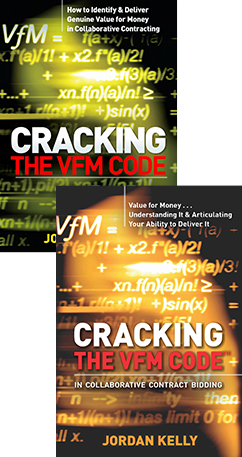CATEGORIES:

Some time ago, I wrote an article about the fact that, as I saw it, engineers have been done a grave disservice by consultants who intimate they "can’t sell".
That article has been published in numerous different professional journals and other publications, and continues to prompt feedback . . . and I’ve yet to receive any that disagrees with my assertion – which is as follows:
More frequently than not, when consultants are called in to instill engineers with bid-writing and business development skills, these “experts” have a pre-conceived position that engineers and their ilk aren’t particularly good “salespeople”.
Unfortunately, this is a mindset that many engineers themselves are far too quick to agree with. You’ll commonly hear these otherwise competent technical professionals say of themselves, “We need to learn to sell ourselves better.”
I wholeheartedly disagree. This notion emanates from a flawed understanding of the real mechanics of “selling” – and also of the nature of high-stakes, high-value (and particularly, infrastructure) bids.
The Qualities of A Great Salesperson (and Why Most Engineers Do Have These But Don’t Know It)
Most engineers, by nature and by training, have the very skill set that it takes to “sell” in a highly evolved manner (critical in the big-ticket infrastructure environment) – although many don’t see this.
By my observation, most engineers are information-seeking, fact-based, analytical and deep-thinking operatives, who conduct conversations with project owners for the primary purpose of obtaining a deeper understanding of what is to be achieved, and in what circumstances.
Ironically, when they’re pushed out of this very productive comfort zone, they do a 180-degree flip straight into what they imagine is the modus operandi of a “great salesperson”. This is invariably based on a misguided notion that they must deliver a “pitch”: some artificially passionate, one-way delivery of their company’s (usually generic) strengths and (usually un-researched) competitive advantages . . . what they “can do” for the client.
It’s an arrogant, outmoded and generally unproductive approach.
Selling by Listening, the Critical Process that Precedes It . . . and Why Many Engineers Are ‘Naturals’
You may be familiar with the modern marketing admonition that one should sell by listening , as opposed to (the very outdated) “selling by telling”.
If we agree that “selling by listening” is effective, we need to consider what comes before listening: Quality questions.
Quality questions ensure that what we are listening to has embedded within it, the valuable information we need to make the sale . . . or to win the bid.
So what makes for a “quality” questioning process?
Two things:
- Prior research and an informed position. This, in turn, ensures that each question propels the asker to the required next level of understanding, and
- A genuinely enquiring mind. This ensures that questions are crafted, not simply to confirm assumptions, but to dig deep for the information and insights needed to assemble the bigger picture behind the project and the procurement.
Whose Message . . . Yours or the Client’s?
Now . . . correct me if I’m wrong, but isn’t that exactly what you’d expect of a switched-on engineer?
Why then, do consultants persist in drumming it into these technical professionals that they have to “get their message across”?
Listen out for the mentality underpinning that: “It’s all about me.” It takes the process squarely back to “selling by telling”.
How sad is that . . . when a competent engineer already exercises the professional inquisitiveness and listening skills to operate in a more evolved “selling by listening” manner?
De-Program All the Engineers
The irony continues.
Not only are most engineers neither comfortable with, nor good at, a “salesy” modus operandi in general, they’re equally out of their comfort zone with (and poor at) the corresponding style of writing.
This is the root cause of the supplier-centric bid documentation that still prevails in this industry . . . the salesy “brochureware” that’s long on hypey linguistics; short on client-centric substance.
In short, there’s a considerable amount of de-programming to be done for engineers to see and appreciate the strengths that attach naturally to their profession. Specifically, they need to see the substantial natural advantage these strengths provide when applied to business development, bid strategy and bid writing . . . or any form of what might be broadly deemed “selling”.
CRACKING THE VfM CODE (DUO)
Book 1
How to Identify Genuine Value for Money in Collaborative Contracting ('Code Green')
Book 2
Value for Money . . . Understanding It & Articulating Your Ability to Deliver It
('Code Gold')

BID COMMANDOS
On-Target Strategy for Mission-Critical Bids
(Training Program)
BID COMMANDOS is my "blockbuster", comprehensive, 11-module training program.
It's intricately formulated to ensure your team excels at every stage of a formal bidding process . . . from the initial bid/no bid analysis, through research and intelligence-gathering, through the strategy development and documentation process, through strategic and compelling writing and competent editing, and on through the shortlistee presentation stage, right through to optimisation of client de-briefing session/s.



